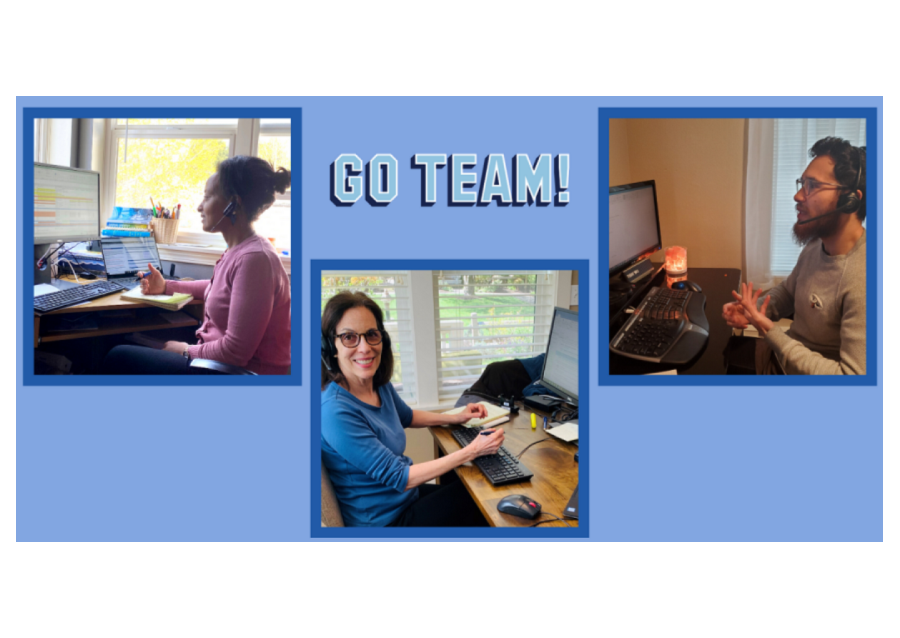
The Haz Waste Program’s Residential Services Team hasn’t let the spread of COVID-19 halt their work with community partners. With a little creativity and flexibility, the team has adopted new ways to deliver educational health services to immigrant and refugee families.
Typically, the Residential Services Team delivers in-person education and outreach to community members in King County. From workshops to community events, the team would engage with immigrant and refugee families about disproportionate exposure to hazardous substances like lead and household chemicals.
FAST FACT:
- In the U.S., lead is typically found in the paint of homes built before 1978. Lead can also be found in materials made abroad, including cosmetics, spices, and cooking pots and dishes. Immigrant and refugee families frequently bring these items with them when they move to King County, WA.
- Many cleaning products used by families in King County contain chemicals that can cause eye or skin irritation, headaches, and other health problems.
With the spread of COVID-19, the Residential Services Team decided to suspend in-person services to prioritize the health and safety of community members and the team. They quickly launched “Plan B – Virtual Services.” With the partnership of two community partners, Sea Mar Community Health Center and Mother Africa, the Residential Services Team is mobilizing technology to ensure that communities continue to receive needed services.
Currently, the team is reaching out to families by phone, Skype, and video chat. They are also developing a plan to use WhatsApp, a social app commonly used by immigrant and refugee communities, to connect with families. The team’s goal is to reach families with young children who are, or may be, at risk for lead poisoning to educate them about the steps they can take to reduce exposure to lead. The team is also continuing to work with Spanish-speaking immigrants on developing strategies to reduce health impacts from exposure to cleaning chemicals in their community.
FAST FACT:
Even at low levels, the health effects associated with exposure to lead in children include damage to the nervous system, behavior issues, decreased muscle and bone growth, and learning disabilities.
The team admits that there are challenges to switching to virtual services. “Nothing replaces face-to-face interaction. You need it to build trust. Also, there are times that in-home services are the only way to confirm the presence of lead,” said Residential Services Health Investigator, Matt Wilson. However, the team has been quick to adapt their outreach strategy where they can. “At first, families would not return our calls or didn’t want services. We started making our virtual visits together with local caseworkers and interpreters that have established connections with the families we are trying to reach. These partnerships have been successful in building trust and connections. Now, people are open to having us call or Skype them instead of a home visit."